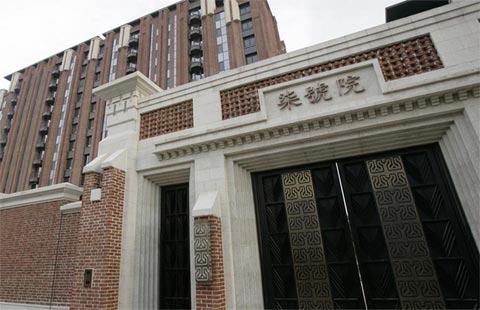Builders turn to overseas bond investors
By Wu Yiyao in Shanghai (China Daily) Updated: 2014-06-05 06:51Domestic funding sources are shrinking for the nation's property industry, which is going through a period of transformation, and developers may need to look at offshore markets to raise cash, said analysts.
And there's rising demand for developers' debt overseas, because it offers high yields and low default rates, the analysts said.
In the Asian market, high-yield bonds issued by Chinese enterprises get relatively high ratings, Laura Acres of Moody's Investors Service told a high-yield bond forum in Shanghai in late April.
"As of April, about 54 percent of high-yield bond issuing enterprises in Asia were from the Chinese mainland, and many are in the pipeline to issue bonds, half of which are realty developers," said Acres.
Issuing bonds has become one of the major funding sources for China's developers, which are in some cases bypassing the interbank and equity markets in favor of dollar-denominated debt overseas.
Onshore funding conditions tightened in the first quarter of 2014 amid tougher lending policies and risk concerns about both banks and the shadow banking system.
Listed property developers with nationwide operations are still priority clients for onshore banks. But their unlisted counterparts, many of which operate in limited local areas, find it's hard to raise funds domestically.
Those smaller developers have been cutting sales prices to raise cash. But that strategy has simply prompted potential apartment buyers to wait for further discounts, according to Andy Chang, an analyst with Fitch Ratings Inc.
|
 |
 |
| Local govts limit discounts on property prices | China Vanke says property sector's 'golden era' over |
- Guangdong to deepen financial reforms
- Luxury hotel 'floats' in Chongqing
- Construction started on 2.86m affordable homes
- China to issue 40b yuan in e-savings bonds next week
- US ruling ignites fresh solar row
- Lenovo hopes cyber-trust issues won't derail IBM deal
- Diplomat calls for making 'connectivity' a priority
- Alibaba preps employees for $40b windfall

















